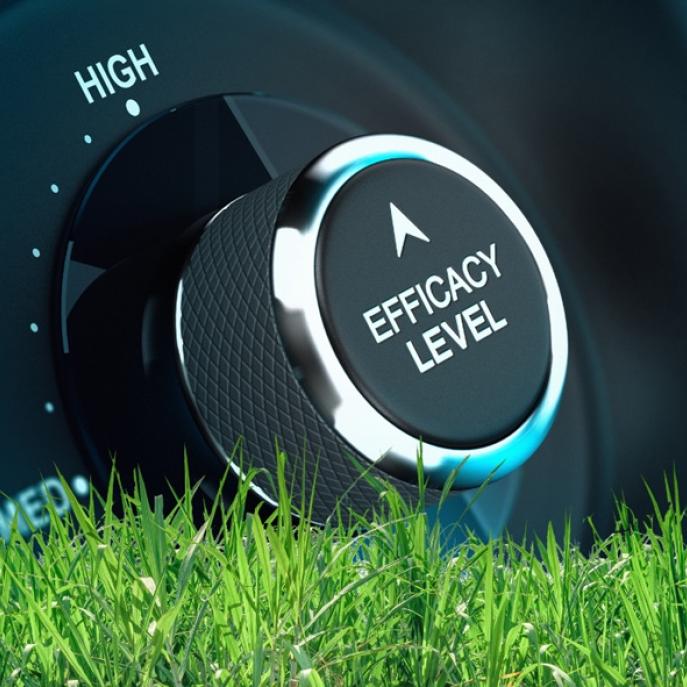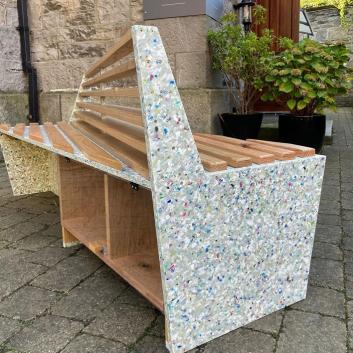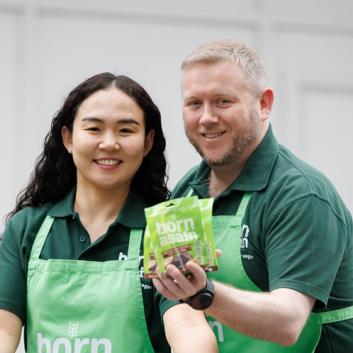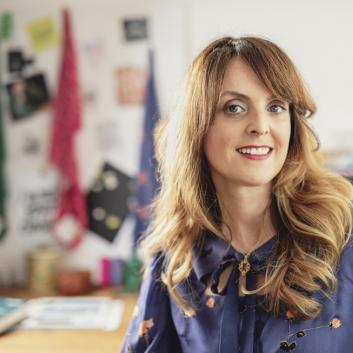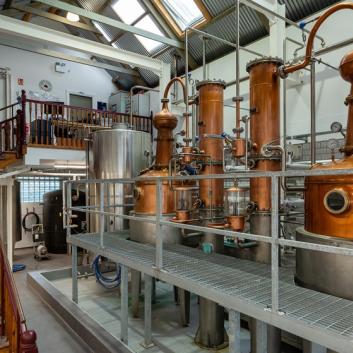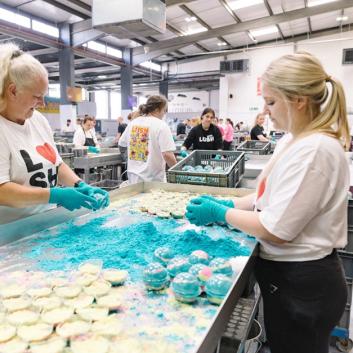Embracing efficiency for better business operations and minimising environmental impact
This article is part of the 'Celebrating Circular` initiative and story collection that spotlights trailblazer Irish businesses making strides towards a more sustainable and low-carbon economy.
A DIY and building supplies store that offers everything from paint, cleaning solutions, homewares, gardening, and building supplies to workwear might not be the most obvious place to look for a leader in climate action.
But looking behind the scenes at Burke’s Homevalue Rathnew in Wicklow, you will find an array of sustainable practices designed to run an environmentally conscious and energy-efficient business that offers customers the best products with friendly service.
Starting with the easy wins of sustainability
John Burke, Managing Director, says that the company's approach to sustainability is business-driven and must contribute to improving the bottom line.
“I believe environmentalists are mostly blinded to the reality of running a business since they are caught up in their passion.
For us, the priority is to develop the company and adopting sustainability is a good way of doing that.”
In the past 18 years, they have experimented with many areas to improve efficiency, which has decreased their environmental impact as well as enhanced operations.

“Lights and energy are massive monsters, but upgrading our systems resulted in significant savings.”
One of their greatest achievements is reducing their electricity bill from €20,000 in 2008 to €8,000 in 2020 before even installing solar panels.
“Starting with the easy wins and scaling solutions that work is how we approach adopting changes. All the little things where you improve efficiency will add up in the end. It makes complete business sense, and it`s also a great warm feeling to see that we are not leaking money in different places,” John shares.
“All the little things where you improve efficiency will add up in the end, and it makes complete business sense not to leak money in different places.”
Although technical improvements are essential, having over 300 trees sequestering nearly 9 tonnes of carbon dioxide annually while making the site look friendlier.
The importance of trial and error
He believes in a “trial and error” mentality in figuring out solutions, which also led him to review an area often overlooked in optimising business operations: using IT infrastructure.
“Our servers now consume 4.5 times less energy than our previous system, and the energy consumption of five new PCs is equivalent to that of a single old PC. We also have a dedicated, insulated server room designed to minimise cooling and energy consumption.”
Besides reducing energy consumption, they also wanted to move away from non-renewable options. Installing solar panels on the building's roof allowed the company to primarily operate on solar energy for nine months of the year.
In 2019, they also transitioned from diesel to electric forklifts, resulting in significant fuel savings, reduced carbon emissions, and improved air quality within the store.
Although they are constantly on the hunt to adopt practices that will help them avoid unnecessary waste, whether from packaging or energy use, John feels that many technologies are beyond the reach of a smaller company.

He adds that if more companies adopt sustainability, it would generate a larger market share and help lower the prices of innovative solutions.
Adopting circular economy principles for efficiency
Using a cost-benefit analysis, in addition to constantly examining the data, helps him identify places where he can achieve the best outcome by implementing changes.
John’s commitment to adopting circular economy principles ensures that materials are reused and repurposed wherever possible, especially when it comes to managing waste.
Installing new equipment helped them turn waste management “from a cost centre into a revenue generator” and significantly improve their plastic and cardboard recycling processes.
“I enjoy tracking how our data improves thanks to enhanced efficiency. I've done a lot of heavy lifting already, but you can`t stay put, and I’m always keen to see new things.”
With this mentality, he decided to participate in the MODOS business sustainability training, which exposed him to what other businesses are doing.
“I was blown away to learn how others are approaching different things.This knowledge exchange was probably the most valuable part for me besides realising that carbon management and packaging was an issue for most of us.”
Planning ahead
He has ambitious plans to improve their operations further, including increasing their electric vehicle fleet and a big dream of having a windmill at some point.
Bringing their customers on the sustainability journey is more challenging as John doesn`t experience a rush in actively seeking out greener products.
Although they are dedicated to prioritising sourcing sustainably produced products, including water-based eco-friendly paints and paint accessories.
“We encourage our customers to start with cost-effective measures to improve energy efficiency and environmental awareness. By showing the tangible benefits, such as reduced bills and expenses, we believe in a "sold, not told" approach to going green.”
Explore other inspirational stories as part of the Celebrating Circular initiative supported by the Regional Waste Management Planning Offices and Dublin City Council.






